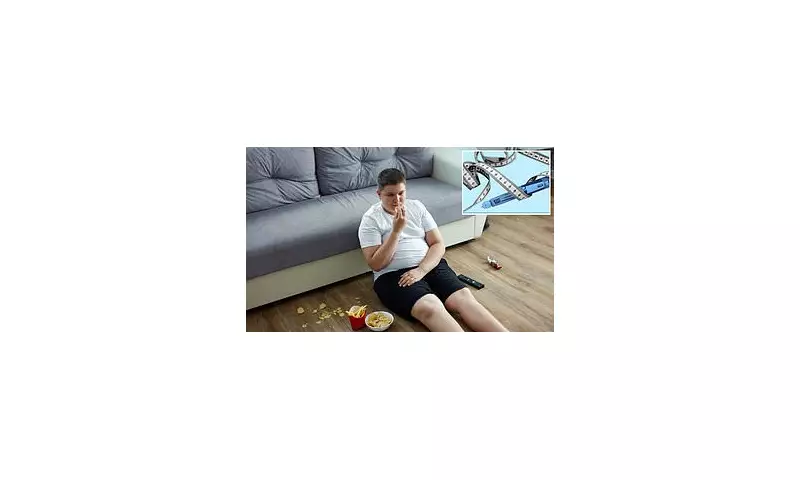
Alarming new figures from the NHS have exposed a growing and controversial trend: the prescription of powerful weight-loss injections to children, some as young as ten years old. The data, obtained amidst rising childhood obesity rates, has prompted urgent warnings from senior medical professionals about the unknown long-term effects on developing bodies.
A Startling Statistical Rise
The numbers reveal a steep increase in the use of anti-obesity drugs among minors. Over the past few years, prescriptions for drugs containing semaglutide—the active ingredient in popular jabs like Wegovy and Ozempic—have surged dramatically within the youth demographic.
This isn't an isolated incident involving a handful of teenagers. The data confirms that dozens of children under the age of 16 have been given these treatments through NHS services, with the youngest recipients being barely ten years old.
Why Are Doctors Prescribing These Jabs to Children?
The core of the issue lies in the UK's escalating childhood obesity crisis. With rates soaring, some clinicians are turning to pharmaceutical interventions as a last resort for severely obese children for whom traditional diet and exercise programmes have failed.
These GLP-1 receptor agonist drugs work by mimicking a hormone that targets areas of the brain responsible for regulating appetite, creating a feeling of fullness. While effective for weight loss in adults, their application in paediatrics is a new and largely uncharted territory.
Medical Experts Sound the Alarm
The medical community is deeply divided on this practice. Many leading paediatricians and endocrinologists have voiced profound concern, arguing that the safety profile of these drugs for children is not yet fully understood.
Potential side effects in adults can include severe nausea, vomiting, diarrhoea, and, in rare cases, more serious conditions like pancreatitis. The fear is that these effects could be magnified or different in children, whose bodies are still developing.
Critics argue that prescribing these jabs could set a dangerous precedent, medicalising a condition that often requires a multi-faceted, holistic approach to treatment focused on lifestyle, mental health, and family support.
The NHS Stance and Future Guidance
An NHS spokesperson emphasised that any prescription for a child must be made by a specialist and based on a rigorous clinical assessment, recognising it is not a first-line treatment.
The National Institute for Health and Care Excellence (NICE) currently only approves the use of semaglutide (Wegovy) for adults. Its use in children is officially 'off-label,' meaning it is being prescribed outside of its licensed terms. This places the responsibility squarely on the prescribing doctor and requires informed consent from the child's parents or guardians.
This shocking revelation is likely to ignite a fierce national debate on how best to tackle the childhood obesity epidemic, balancing immediate health risks with potential long-term consequences of aggressive pharmaceutical intervention.





